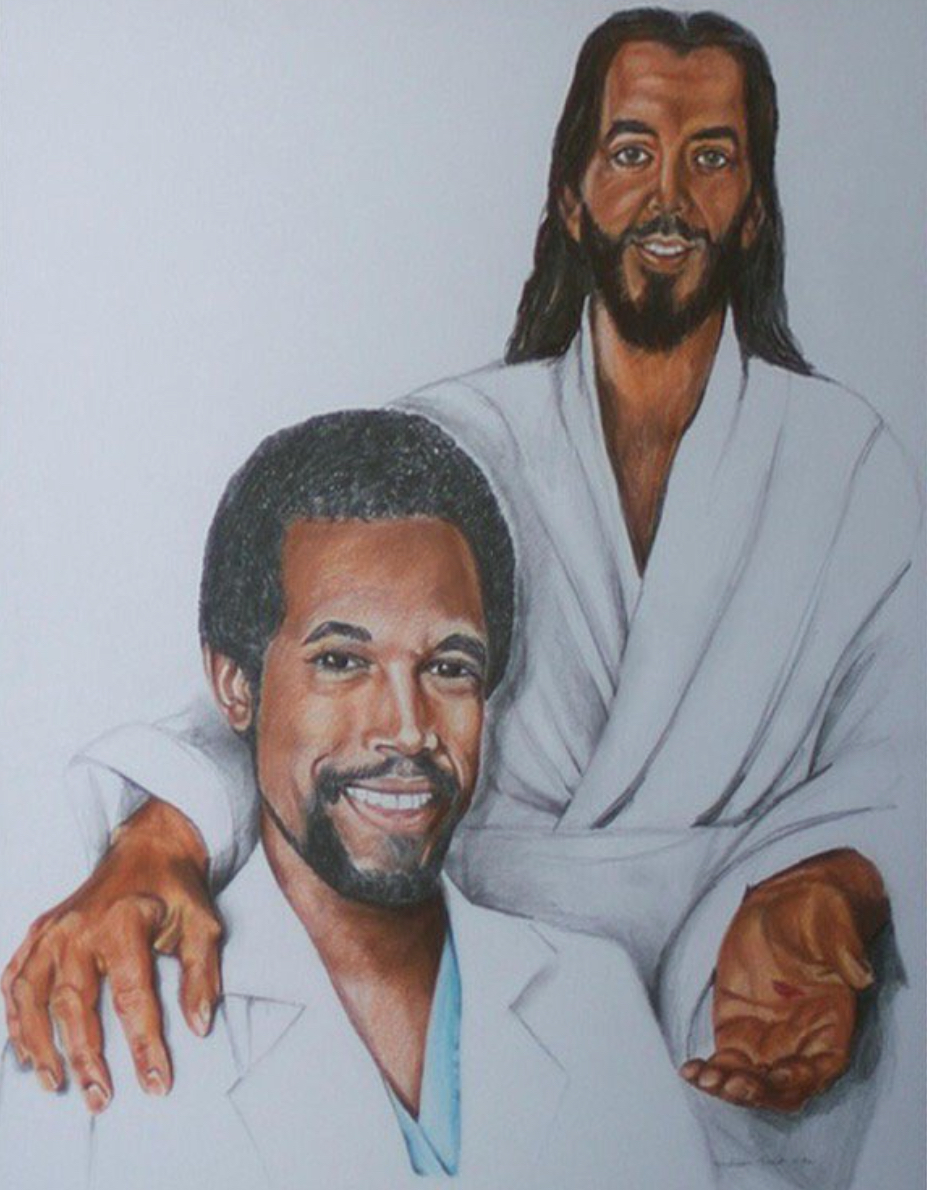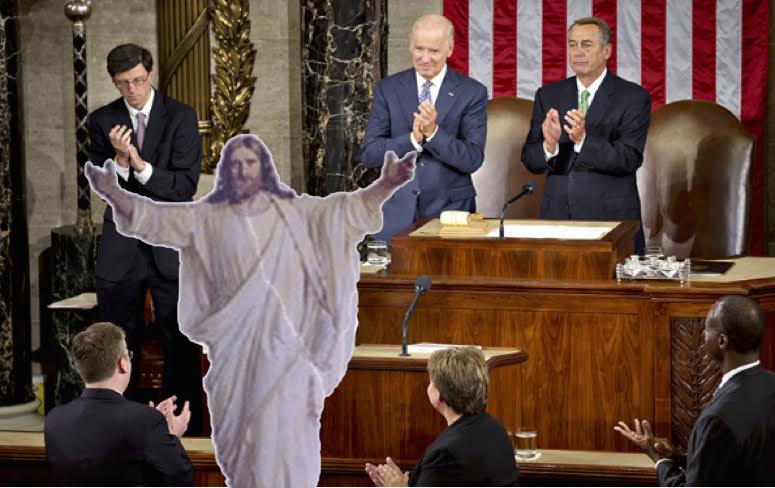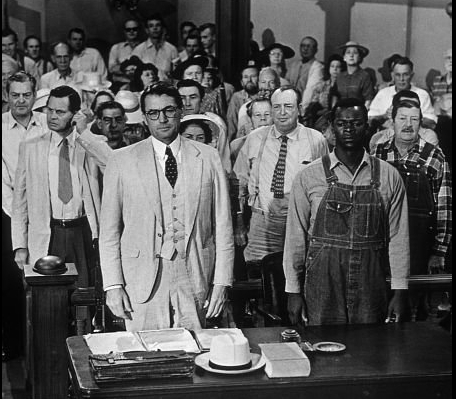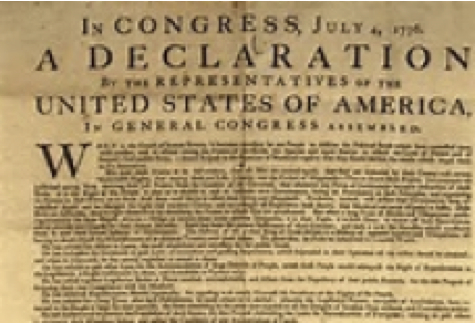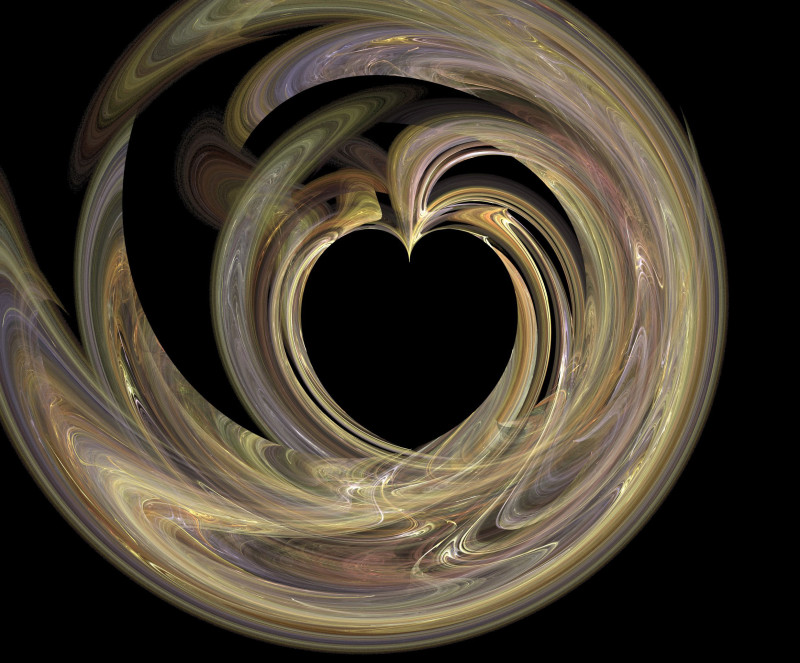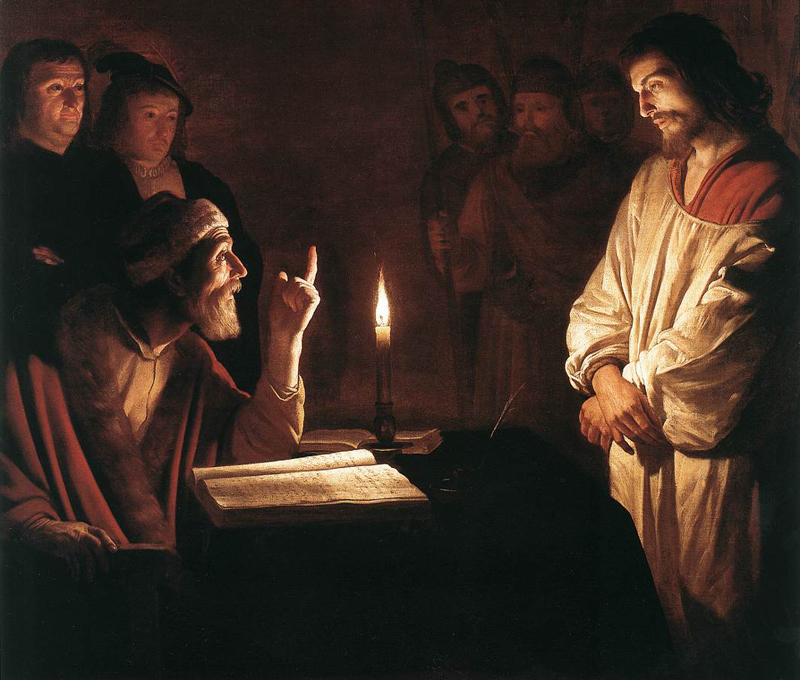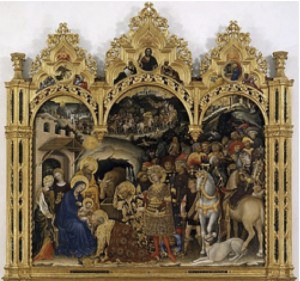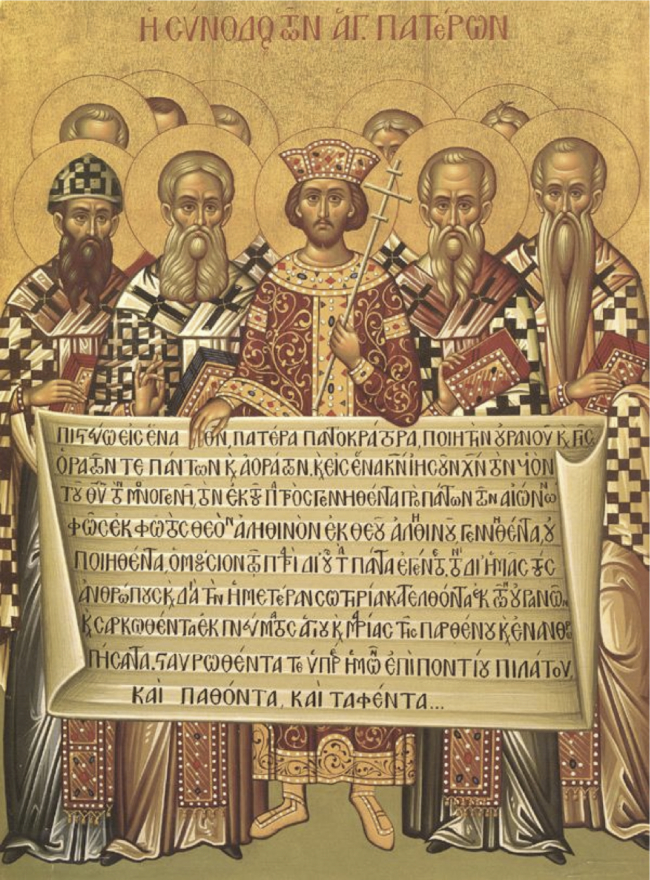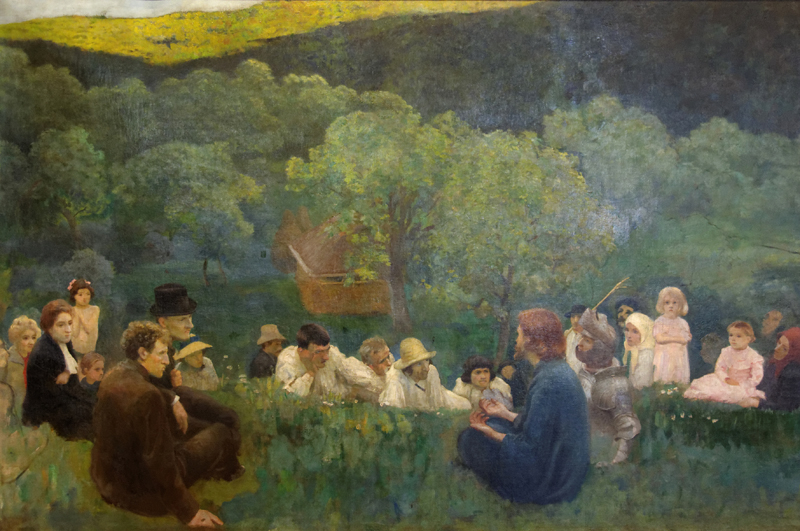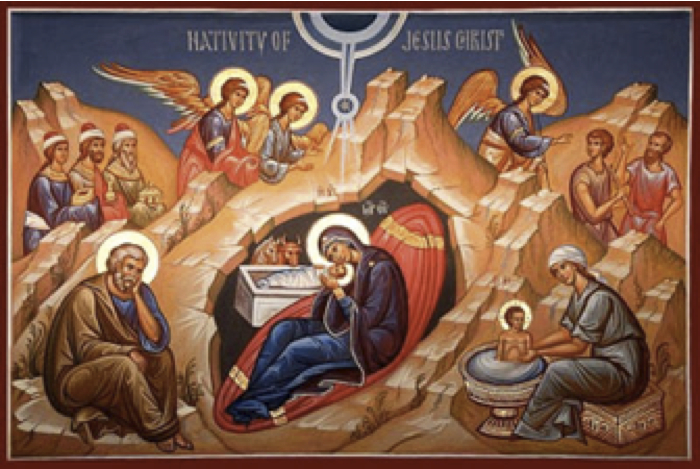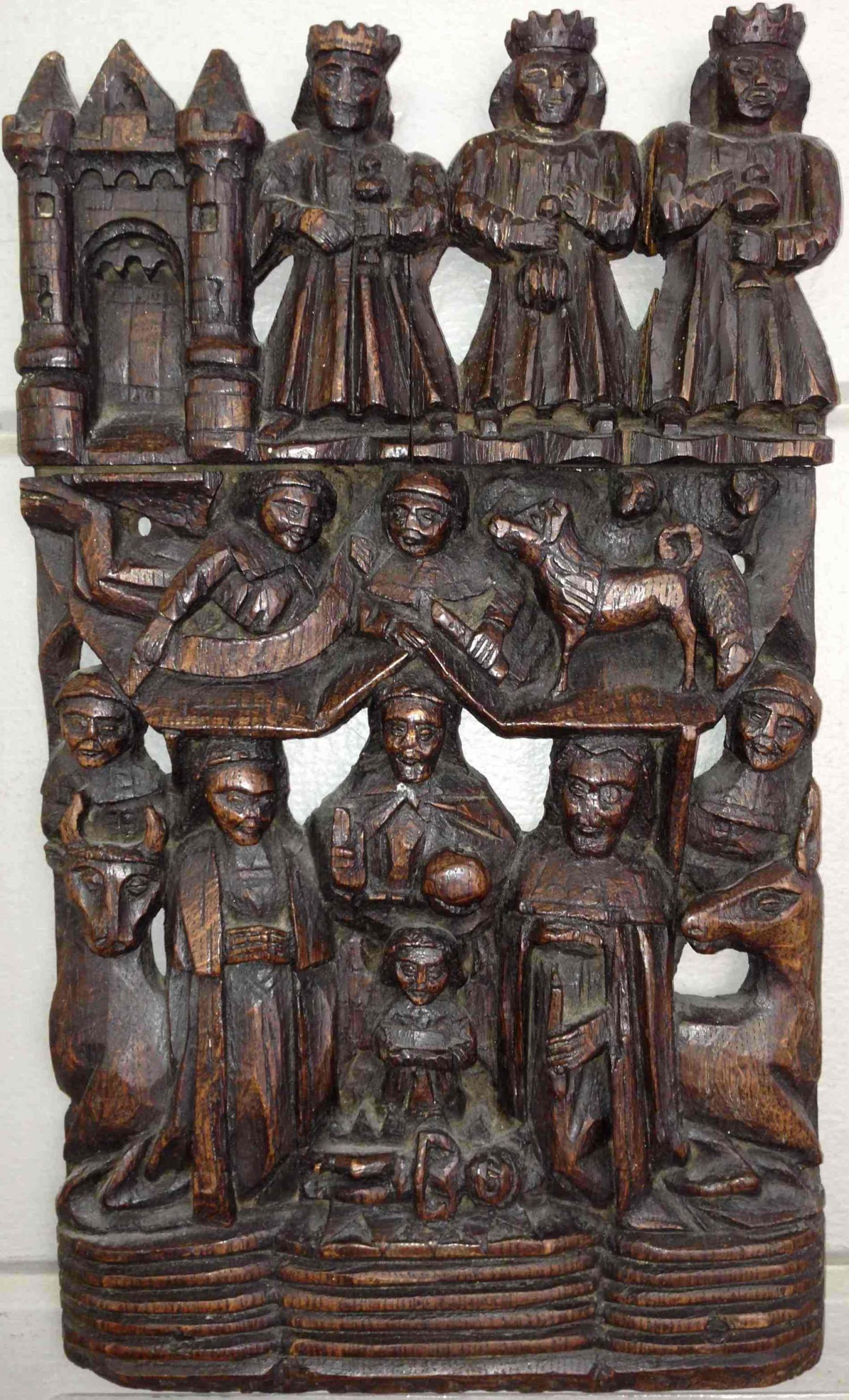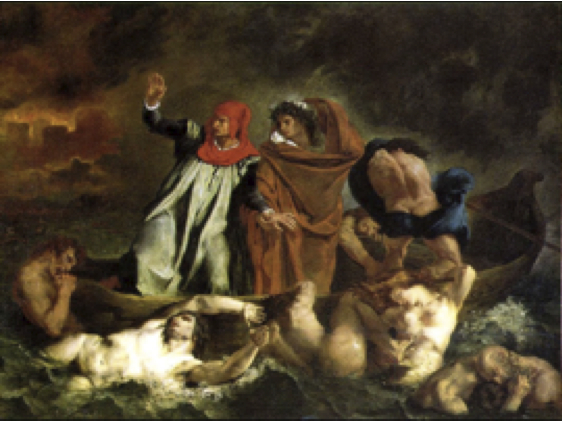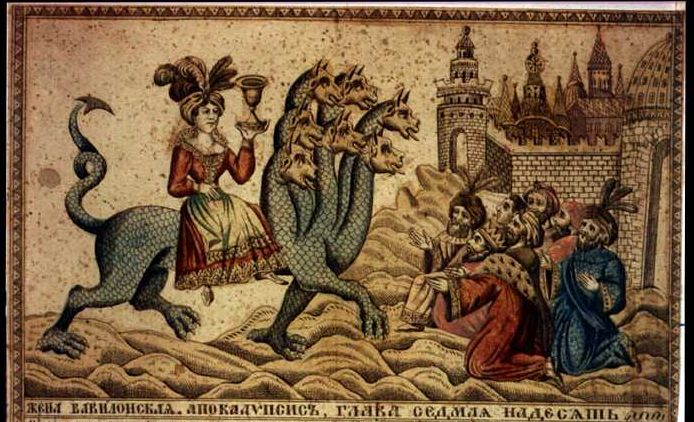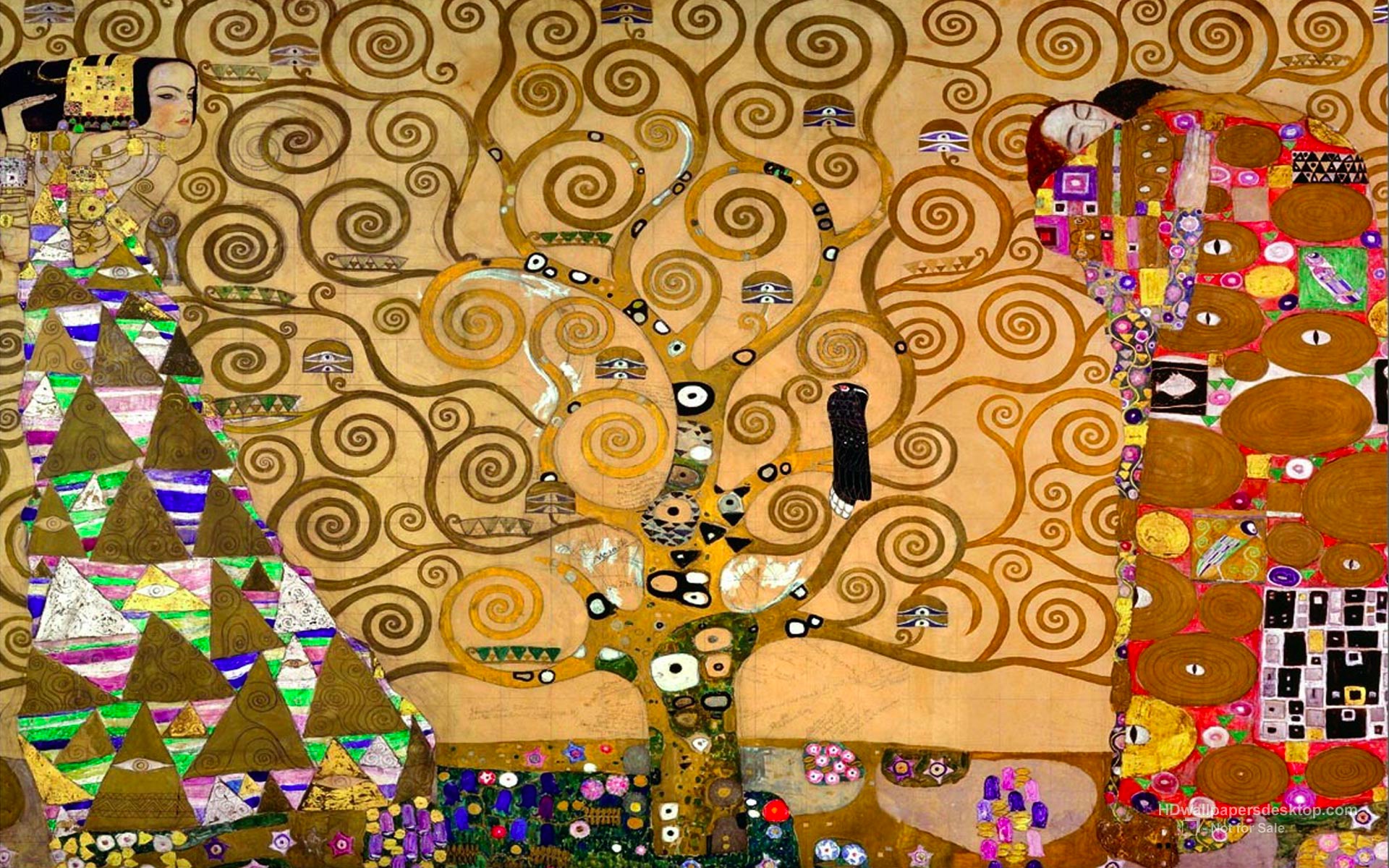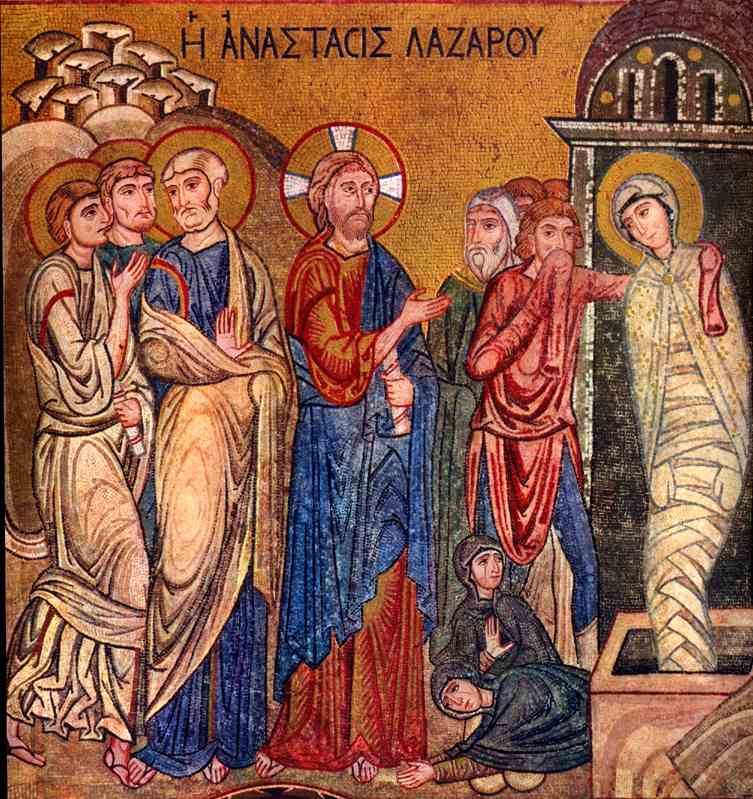A Thanksgiving Reflection in the Midst of a Terrorized World
Like many others, the Thanksgiving holiday is another reason I love the autumn season. The occasion gives us the allocation of a few fleeting moments to pause and express appreciation for whatever we have, but only for the time being. In a world either terrorized or abused by those who have little regard for it, it has become downright dangerous and nearly complicit, to encourage the illusory notion of any sweet by-and-by; expecially for those who can’t seem to wait for it. If there is to be any knockin’ on heaven’s door, the place is always here, and the time is always now. Since none of us can imagine with any certainty whatsoever that unknown reality from whence we have all come, all we can really know is what is. And, considering all those most authentic, very earthy and non-religious parables Jesus used to try to describe a “reign of God” – or, if you prefer, “kingdom of heaven” – they all seemed to be very much of this earth, and the stuff of daily life. I do not believe in any afterlife of my own. And I’m done with any notion of a heaven that is anywhere else than on the face of this earth; with whatever we make of it, and for the time being. The poet, Robert Browning, once wrote, “Ah, but a man’s reach should exceed his grasp, or what’s a heaven for?” The painfully obvious fact that we have so utterly failed to grasp such a paradise, does not yet mean we should hold back our reach of it.
Last in a 3-Part Series on Politics and Religion A pdf copy to print or read is HERE. Preface This series began with the
Second in a Series exploring the relationship between one’s theological framework and political viewpoint …
Earlier this year the Prime Minister of Israel addressed a joint session of Congress. Last week, Pope Francis did the same. Many believed the former had a political ax to grind, and the latter a pastoral message with political points to preach. For many modern day Christians, Francis embodies many of the teachings and much of the life-style of the Galilean sage. Unless one believes in the highly speculative Second Coming, Jesus will likely never be invited by the Speaker of the House of Representatives to follow Benjamin and Francis, addressing our political leaders. But if we were to draw from the earliest available records of his theological – if not political – perspective, what might Jesus have to say to our elected government officials? Read more.
First in a Series exploring the relationship between one’s theological framework, religious practice and political viewpoint …
Jesus, a cleric and a politician walk into a bar … If that sounds like the beginning of a bad joke, consider the 3-ring circus of political debates and punditry already well underway 14 months before our next national presidential election. It is infused with religiously-motivated rhetoric that expresses itself in political terms. “How we think about religion -- even if we are skeptics or atheists -- will spell itself out in how we think about society,” observes philosophy professor, David Galston. “In other words, our theology and politics are inextricably linked. The difference of course is that politicians get to enact their thinking as policy.” If that is the case, should one consider a candidate’s religious bent when assessing the way they might make their political decisions? Absolutely! You can read more here.
Racism, the Imbalance of Power, and the Response of the Prophetic Voice
The literary world is in an uproar, learning that a prequel to Harper Lee's great American novel, "To Kill a Mockingbird," depicts the beloved Atticus Finch as a southern white racist. Is it possible that, like the fictional character, we can ever evolve and change?
A Commentary for the Observance of Independence Day, 2015
Liberty and Freedom: People – especially politicians, it seems – frequently use the two terms interchangeably, as if they were the same thing. But while civil liberties can be legislated and personal freedoms can be infringed upon, there is something autonomous about personal choices and actions that can never ultimately be denied or encumbered. “Freedom is not something that anybody can be given,” the late author and civil rights activist, James Baldwin, once said. “Freedom is something people take, and people are as free as they want to be.” An earlier commentary considered the two ideas of conscience and consciousness as a spiritual component and practice of human experience. These comments are written as we approach our nation’s annual observance of the Independence Day holiday; exploring what might constitute a progressive Christian perspective of a kind of liberating “freedom” that is comprised of loosing the bonds of all the little deaths we die, and binding oneself to that which can irrepressibly spring once more to life.
A Spiritual Path for Personal Transformation
An aging Vietnam vet suffering from PTSD returns to Da Nang after 50 years in order to try to do something for those still afflicted generations later by the lingering toxic affects of Agent Orange. His nagging conscience leads to a redemptive act of self-healing and a common good. Spirituality is often an amorphous and bandied about term that too often connotes the merely religious type, as somehow distinct from those who are not. Instead, I appreciate something as equally shared as it is often neglected, namely the human conscience and our sometimes-belated conscious awareness of it.
Satire and Blasphemy in the Teachings of a Galilean Sage
Radical religious extremists with a distorted view of Islam commit horrific acts of terror, executing the staff of a small satirical French publication. The satirists had dared to depict the Prophet Mohammed in cartoon caricature; all the while lampooning those misbegotten adherents who in turn regard such irreverent acts as blasphemous. The Western world reacts with outrage and defiance to such an affront. World leaders join a million person protest and unity march through the streets of Paris, chanting “Je Suis Charlie,” in defense of freedom of speech, and on behalf of the publication’s name. While a clear distinction might be drawn between the use of words and the vehement reactions they may incite, more profound underlying questions remain. While anti-blasphemy laws are common in Muslim countries, countless other "secular" countries have laws against the defamation of religion, as well. Once the dust settles and more thoughtful discussion ensues, one might ask what constitutes the differences between hate speech and freedom of expression? This commentary consider s esus' use of what was deemed blasphemous satire, it's intended purpose, and well-known consequences.
The challenge for a progressive Christian who has moved beyond such notions as virgin births and gods disguised in human form come to save us from ourselves is to remember that it is as much a historical development, as it is a theological one. That is, the attribution of a “Christ” title accorded a very human Jesus constitutes the imaginations -- if not machinations -- of an early Church; consisting of very human, second-generation followers of a 1st century Galilean peasant sage and itinerant preacher. And who all but drowned out the authentic voice of the one who was once born and dwelt among humankind. Such an assertion is simply based on the fact the historical Jesus never self-identified as the “anointed one,” the Christ. As such, if one were to remove the Christ-title from the various birth narratives of those secondary traditions of this religious movement, what would remain of the “Christmas story” that has become as prevalently assumed, as it has been unexamined? If we took the Christ out of Christmas, what might remain of the voice of one who was born and dwelt among us? You can read more here.
An Open-Ended “Creed” for a Progressive Christian
I have often said so-called “progressive Christianity” is a notion forever in search of its own elusive definition; and that’s as good a way of explaining it as we may be able to find. We live in a post-modern world that considers the age of Enlightenment to be a post-facto reality. As such, “progressive” thinking in an age of Reason has pushed the boundaries of nearly every facet of life, except one: those ‘traditional’ or ‘orthodox’ beliefs, based on certain creeds, doctrines and dogma that still dominate what it presumably means to be “Christian.” It hardly needs to be said that it is also why so many one-time believers have outgrown their one-time faith. Calling them merely “lapsed” is misleading. So much has elapsed in the world we have all come to know and take for granted, that the once-dominant Church -- -- despite all its denominational varieties -- has fast become a post-modern relic. Yet any critical examination of how Christian scriptures developed and how the history of the tradition evolved will quickly demonstrate how it has always been in a constant state of flux. Or, if you like, “progression.” It was only when it stopped and got stuck that we traded in the tent for a temple, and snuffed the life out of a movement that is progressive by its very nature. What then would constitute an honest statement of belief for at least this "progressive Christian?"
Series on the Teachings of a Galilean Sage: The Sermon on the Mount, PART II
The social world order seems to erupt in chaos and violence on a regular basis these days. Regimes hold on to political power at all costs, while those who are more often than not economically oppressed demonstrate and confront government forces with little more than their willingness to stand in opposition. If this all sounds like pure political commentary, consider this: The socio-political landscape in first century Palestine, CE, wasn’t much different. The practical means by which the imbalance of power was wielded by some over others may have been rather primitive by today’s technological standards; but the end game was the same. The itinerant Jewish peasant teacher and sage who would long be remembered as uttering such impractical non-sense as “turn the other cheek” and “love your enemy,” was the same historical figure that was executed as an insurrectionist, not a “resurrectionist.” As I’ve put it bluntly elsewhere, Jesus didn’t die for our sins, but because of them. But the historical Jesus’s message deviated so radically from the “you have heard it said, but I say to you” literary device employed that it constituted a world view that did not simply turn everything upside down; but attempted to right what becomes a distorted “default” assumption of human nature that too easily concedes it is only human instinct to regard ourselves as prejudicial and self-centered creeps. Jesus’ teachings to “turn the other cheek” and “love one’s enemies” is an invitation to an inward journey of the self; and a call to reclaim our true huma n nature.
Biblical scholars generally consider those teachings attributed to Jesus in that part of Matthew’s gospel, commonly referred to as the Sermon on the Mount (Matthew 5-7, with the corollary being theSermon on the Plain, Luke 6), as likely comprising much of what can be considered most authentically and historically the real deal. But reaching back as close as we can to who the historical Jesus may have been is not the end of it. At the heart of it, a Jesus ethic itself has little concern with what you believe about the man, but what you do about the message.
On the First Sunday of the Advent season this year – for those Christian faith communities that observe a liturgical calendar -- the traditional four weeks of waiting on the tiptoe of expectation only lasted until 1:37 PM that afternoon for our family; when my own daughter gave birth to her first-born child.
A Commentary for Thanksgiving in an Age of Anxiety
American retailers have essentially pre-announced that the annual Thanksgiving observance -- when we presumably pause to gratefully remember everything we have -- has been cancelled so bargain shoppers can get an even earlier jump-start on their holiday shopping for all the things we don’t have yet. Meanwhile, halfway around the world a typhoon of record proportion hit landfall only a few weeks ago; nearly wiping an island nation off the face of the earth, and leaving those who survived with virtually nothing. Then last week an unseasonable swarm of twisters flattened whole towns across the Midwest. By comparison, it all makes the plight of those first pilgrims facing the harsh realities of their first Thanksgiving in a brave new world look like a walk in the park. And, all the while, the airwaves and media have been filled with docu-dramas and documentaries commemorating the half-century mark of those events that shattered an age of relative innocence for those of us old enough to remember it; ushering in an age of extraordinary upheaval and anxiety, starting with what social critics and historians alike attribute to the assassination of JFK. Juxtaposed and taken together, these events represent a seeming un-reality that hasn’t really abated much in the last fifty years. We live in an age of anxiety. Jesus masterfully taught in the philosophical tradition known as Jewish cynicism, with such parabolic tales and quaint-sounding imagery as the “lilies of the field.” And he did so at a time and age that – while seemingly ancient to our modern way of thinking – may not have been all that different from our own anxious age. Consider then our fretful, misbegotten ways, and the wild lilies of the fields.
“Christian” A-theism Series, Part III
Part III of this "Christian" A-theism Series explores new possibilities to be found in pushing beyond the constraints of theism and a-theism; and the blunt and limited question of believing or not believing in a “theistic” notion of “God.” We typically fashion our notion of anything we deem sacred “Oneness” in anthropomorphic terms, so we can more easily relate to the idea. The Christian then proceeds to incarnate that God notion with a Christology in which Jesus is construed as a co-eternal mediator and – peculiarly – a substitutionary sacrifice. But for those progressives for whom such a construct is no longer viable or credible, what might still be found amidst the theological rubble in a post-modern – even post-deconstructionist – age? Indeed, what may have been there from the start of the entire imaginative process; known in the earliest days of a pre-Christian movement simply as the Way? As near as we might be able to discern it with our own creative and interpretive imaginations, what resemblance might it bear to the “voice-print” of an extraordinarily imaginative character we might want to befriend?
Part One in this series considered the notion of “God,” or “gods,” as the single most elusive idea the human imagination has ever concocted or tried to fathom. But we typically constrain ourselves, thinking only in theistic terms; and fashion our notion of “God” in an anthropomorphic image so we can more easily relate to the idea. We ascribe to such a being all kinds of desirable characteristics that might comprise this composite character. The Christian then proceeds to incarnate that idea with a Christology in which Jesus is typically construed as mediator and chief negotiator; to the extent such a savior is willing to atone for all our wretchedness and secure our own immortality in another existence. It’s all pretty fanciful stuff. But for those progressives for whom such a construct is no longer viable or credible, it is not simply a question of what remains amidst the theological rubble, but what more, or other, might yet be discovered? As such, we ask how we might speak of such things. What language might we use?
Our nation is currently embroiled in a contentious debate over the Syrian regimeʼs alleged use of chemical weapons, and what should be the appropriate response by the U.S. and the international community. Public opinion polls comprising an odd coalition of liberal peace-nicks, a war weary citizenry and political antagonists who oppose in knee-jerk fashion most all of the Presidentʼs proposals, all suggest strong opposition to our countryʼs military involvement of any kind in yet another Middle East conflict. Regardless, the underlying question and dilemma remains. Is there a moral imperative to act? If so, how? What is the justification for a violent response to a deplorable, unjust and violent act?
The God I Don't Believe In
When it comes to religion, Atheism is as good as any, since religion is simply about how you put some order in your otherwise chaotic world, and come up with a list of things you believe or disbelieve. The atheist and the theist both want to ask the same basic question: Do you believe in God or not? Often they are not interested in going much deeper than that. The oft-repeated response a famous preacher once gave to a religious skeptic went, “Tell me about the God you don’t believe in. Chances are I don’t believe in that kind of God either.”
A Commentary for the Annual Observance of Independence Day, 2013
“We hold these truths to be self-evident, that all men are created equal, that they are endowed by their Creator with certain unalienable Rights, that among these are Life, Liberty, and the pursuit of Happiness." These grand words are etched in the American consciousness, and serve as a preamble of sorts to the Constitution’s subsequent ideal goal of “a more perfect union.” With the recent split Supreme Court decisions over voting rights and marriage equality, along with and passage of an immigration reform bill in the Senate that naysayers declare is DOA in the House of Representatives, it would appear that while progress has been made, we clearly remain a work in progress, as well. As we prepare to celebrate our Independence Day holiday this year the fireworks have been set off a little early with the debate over the intelligence surveillance practices of the so-called Patriot Act by a government that was established of, by and for the people. Call them heroes or traitors, whistleblowers or hack-tivists, there are also a growing number of anti-authoritarian tech geeks who claim to be motivated less by notoriety than a certain principled conscience to which they claim to have pledged a higher allegiance. So, what is the nature of “natural” or “divinely-bestowed” rights? What of human conscience, earthly authority, and more? And – for those of us who might consider ourselves both a red-blooded American and Christian of one sort or other -- what might constitute a “Christian” conscience, based on a Jesus life-ethic? You can find the latest commentary Here.
Who Is the Whore of Babylon?
A typical interpretation when reading the Book of Revelation is John’s attempt to answer the interminable question: How exactly will God, once and for all, set things right? When will the “sorrow and weeping be no more,” and the “tear wiped from every eye?” After reinterpreting over and over again the imminent end that has been repeatedly put on indefinite hold, it merely begs the question, why the postponement? When Revelation is instead understood to be political commentary spun in the form of a fantastic allegorical tale that can be reinterpreted and applied again and again, the question in each succeeding era has more to do with asking the question: Who is the Whore of Babylon, and all she represents? How can we be so easily seduced? And have the words and life of the Galilean sage been lost, even from the time John had his nightmarish vision to our own succumbing today? Read more.
The last book of the Bible, that bizarre and nightmarish Book of Revelation, is often found to be most popular among those religious nut jobs who are constantly interpreting the universal themes found in the battle of good and evil as signs of some certain apocalyptic end time; and differentiating the tribes of those who will be saved from those who will be lost, left behind and damned. However, given the obvious fact such end-time predictions have been re-scheduled over and over again for nearly two thousand years (so far), we might better consider those recurrent, universal themes to be found in this allegorical tale; and look with fresh eyes and see Revelation as more about this world of ours that continues to self-implode upon itself over and over again. How might we be open to being encountered in another, revelatory view of the polis in which we all inextricably dwell? This commentary begins a two-part reflection, based on Elaine Pagel's newest book, Revelations: Visions, Prophecy & Politics in the Book of Revelation; and in light of the latest terrorist attacks, bombings and global violence among our tribal warring factions. You can find the latest commentary here.
If Jesus died for anything, he laid down his life like most social prophets and martyrs as a complete and utter refutation and relinquishment of any vestiges of earthly kingdoms. Whatever the subsequent followers of the donkey king would retrospectively make of him, he was regarded by the powers that be as nothing more than a nuisance. As more than one biblical scholar has pointed out, the real significance of Jesus’ crucifixion lay in the fact that anyone subsequently noticed and cared about the execution of a nobody. Yet it is the way of a nobody -- not a somebody -- that has so often altered the way of an otherwise weary world.
“Why look for the living among the dead?” [Luke 24:5] "We live in a post-resurrection age, which in many ways is not unlike
The Gift of Mortality
Avowed atheist Susan Jacoby recently created a dust up with a recent article in the New York Times Sunday Review entitled, “The Blessings of Atheism.” She wrote in response to all the god-talk that appeared in the immediate aftermath of the Newtown massacre; with all those unanswerable questions or inadequate answers to human suffering and death so often peddled in popular religious belief. So too, not long ago author and “non-believer,” Christopher Hitchen’s posthumously published his little book Mortality; recounting his rambling thoughts on his own imminent demise; after a terminal diagnosis left him a sufficient number of days to find himself “deported from the country of the well across the stark frontier that marks off the land of malady.” But what, or where to, after that? What if this really is all there is? It seems there has always been the human hankering to imagine all kinds of fanciful notions, in our attempts to recapitulate our mortal existence into something more than it is. Many religious traditions, including centuries of “mainline” orthodox Christianity, employ great mythic stories to describe a life subsumed into something greater than we can either know, or grasp, except by “faith.” Heaven knows, some folks try to better themselves, merely in the hope of a remote possibility there something more, after our death, which is a certainty. But in the end, is it all dust and ashes? And is that OK? This is the liturgical time of year when many in the Christian tradition undergo a seasonal pilgrimage in which the faithful are reminded at the onset we mortals are nothing more than dust. And so we will one day return to that from whence we came. Then the traditional forty days end with the perennial re-enactment of a passion play commemorating the mortal demise of the one whom Christians even these many centuries later would profess to follow. Many do so in the hope of some kind of immortality for themselves in some indecipherable form or other; attributing to Jesus a “resurrection” that means the same thing to them as god-like immortality; while others of us may find such imaginings to be not only reasonably implausible, but of less importance than what we take to be of greater significance and meaning in this faith tradition. Otherwise, the vainglorious hope of immortality can become so enshrouded in our mortal fears that we become – like Lazarus in his early grave – so wrapped up in death that we fail to truly acknowledge and appreciate the gift of our mortality for what it is; nothing more, nor less. With the certain assurance then that we are but dust and ash, we can ask ourselves if the gift of our mortality is not only enough, but more than enough? And if so, as the psalmist says, how then shall we “number our days, that we may apply our hearts to wisdom?” (Psalm 90:12)


